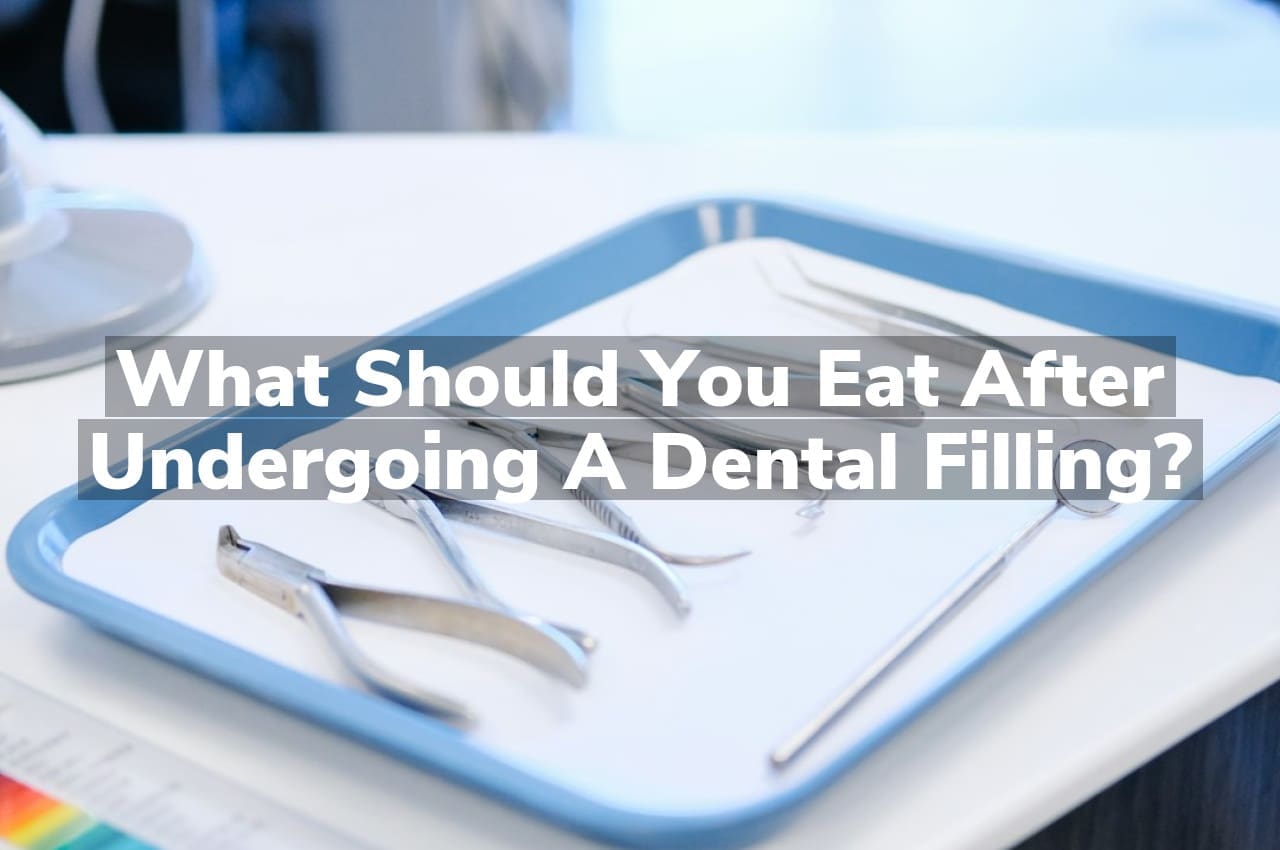Wondering what you should eat after undergoing a dental filling at Midtown Dental? We’ve got you covered with a guide to soft, nutritious foods that will keep you comfortable and aid in your recovery without compromising your new filling.
Soft Foods to Minimize Discomfort
After getting a dental filling, it’s crucial to give your mouth the gentle treatment it deserves. Opting for soft foods can significantly minimize discomfort and aid in the healing process. Foods like yogurt, applesauce, and smooth soups are not only comforting but also easy to consume without putting pressure on your new filling. It’s important to avoid hard, sticky, or chewy foods that could dislodge the filling or irritate the affected tooth. While you’re focusing on your post-procedure diet, you might also be curious about the financial aspect of dental care. For more information, take a look at our resource on How much does a dental filling cost? to understand the investment in your oral health.
Choosing the right foods after dental work can make a significant difference in your recovery time and comfort level. Scrambled eggs, mashed potatoes, and oatmeal are excellent choices that provide nutrition without requiring strenuous chewing. Remember to eat slowly and chew with caution, especially if you’re still experiencing numbness from anesthetic. By sticking to soft foods, you’re not only promoting healing but also ensuring that your dental filling remains intact. As you adjust your diet temporarily, keep in mind that this is a step towards preserving your long-term dental health and well-being.
Nutrient-Rich Choices for Healing Support
After undergoing a dental filling, it’s crucial to choose foods that not only are gentle on your teeth but also support the healing process. Nutrient-rich choices that aid in recovery include soft proteins like scrambled eggs and tofu, which provide the essential amino acids needed for tissue repair without putting stress on your new filling. Additionally, incorporating smoothies packed with leafy greens, berries, and a scoop of protein powder can offer a powerhouse of vitamins and antioxidants that promote oral health and overall well-being. These smoothies are not only easy to consume but also minimize the risk of dislodging the filling material.
It’s equally important to stay hydrated with plenty of water to aid in the healing process and to maintain oral hygiene. Foods rich in vitamin C, such as oranges and bell peppers, should be consumed in a pureed or very soft form to avoid any unnecessary pressure on the filled tooth. By focusing on these nutrient-rich choices, you’re not only fostering a quicker recovery but also ensuring that your dental health remains a top priority. For those seeking the best in dental care, consider visiting a professional for Quality Fillings, Denver Dentists who can provide expert advice tailored to your specific needs.
Foods to Avoid Post-Filling Procedure
After getting a dental filling, it’s crucial to protect your new restoration and the surrounding tooth structure by avoiding certain foods. Chewy or sticky foods like caramel, taffy, and gum can dislodge a fresh filling or get stuck and cause discomfort. Hard foods such as nuts, hard candies, and ice should also be avoided as they can crack or damage the filling. Additionally, extremely hot or cold foods and beverages can trigger sensitivity in the newly treated area, so it’s best to consume items at a moderate temperature. Acidic foods and drinks, like citrus fruits and soda, can erode both the filling material and tooth enamel, so they should be consumed sparingly. By steering clear of these foods, you’ll ensure a smoother recovery and longevity for your dental filling.
Hydration Tips for Dental Recovery
Maintaining proper hydration is a crucial aspect of recovery after getting a dental filling. Drinking plenty of water not only helps to flush out toxins from your body but also aids in the healing process by keeping the tissues in your mouth moist and resilient. It’s recommended to avoid hot beverages immediately following your procedure, as they can exacerbate swelling and may disrupt the new filling. Instead, opt for room temperature or cool drinks, which can soothe the affected area. Additionally, steer clear of alcoholic beverages and acidic drinks like citrus juices, as they can irritate the sensitive tissues. Sipping water or an electrolyte-rich drink throughout the day will ensure that your body remains well-hydrated, supporting a smoother and quicker dental recovery.
Meal Planning for Post-Filling Care
After getting a dental filling, it’s crucial to focus on meal planning to ensure proper care and avoid discomfort. Opt for soft, nutrient-rich foods that require minimal chewing, such as smoothies, yogurt, and soup, to promote healing and prevent damage to the filling. Steer clear of hard, sticky, or extremely hot or cold items that can dislodge or damage the new dental work. Additionally, staying hydrated with water helps to keep your mouth clean and aids in the recovery process. By carefully selecting your post-filling meals, you can contribute to a smoother recovery and maintain your dental health.
Conclusion
For personalized cost information on dental fillings, call Midtown Dental at (303) 377-2345 or read our reviews on Google Maps.

